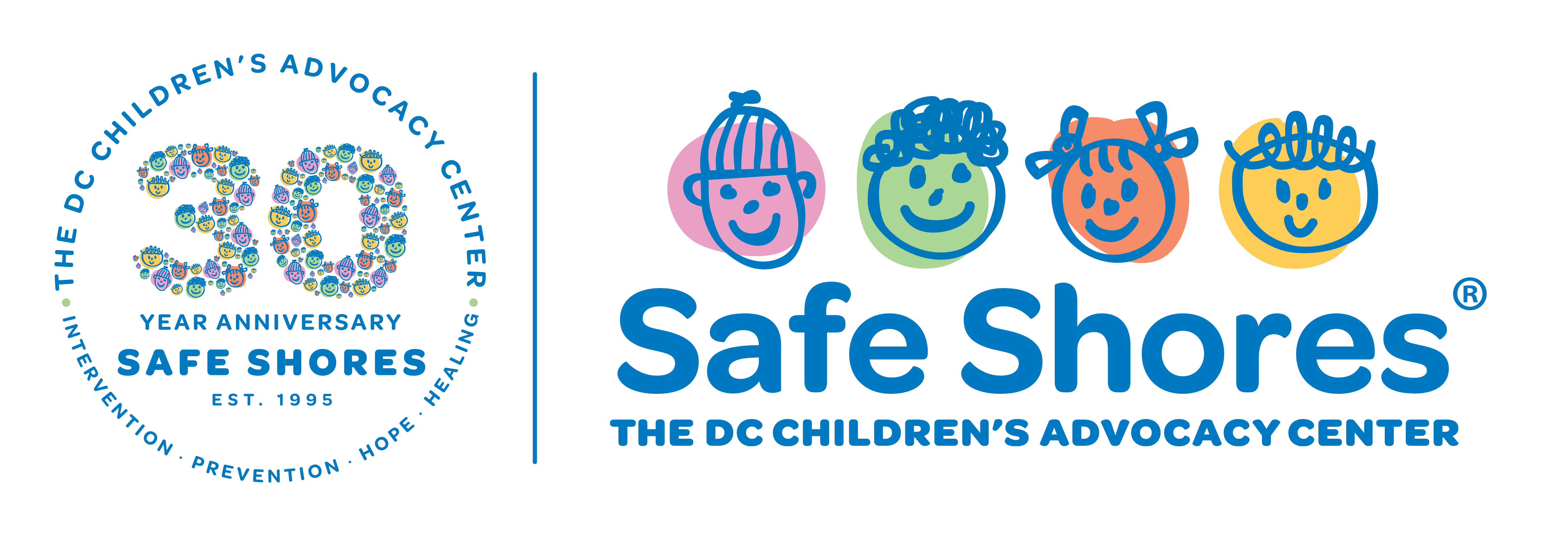 Recently, Safe Shores staff gathered virtually to discuss the French-language film Cuties. The movie has been at the center of a major controversy, both online and off, which included politicians demanding an investigation into the film by the U.S. Department of Justice, a bungled marketing campaign that led to Netflix apologizing to the film’s director, Maïmouna Doucouré, a call to #CancelNetflix , and, most recently, an indictment of Netflix by a grand jury in Texas.
Recently, Safe Shores staff gathered virtually to discuss the French-language film Cuties. The movie has been at the center of a major controversy, both online and off, which included politicians demanding an investigation into the film by the U.S. Department of Justice, a bungled marketing campaign that led to Netflix apologizing to the film’s director, Maïmouna Doucouré, a call to #CancelNetflix , and, most recently, an indictment of Netflix by a grand jury in Texas.
With accusations of child sexualization and child sexual abuse images swirling around it, this film merited a thoughtful conversation. As the DC Children’s Advocacy Center, where we work directly with young victims of physical and sexual abuse, our staff had a unique vantage point from which to view and discuss the film.
Our staff conversation featured a wide range of opinions and raised valuable questions. We examined the movie’s intent versus its impact, how it showed the duality young immigrant girls often face, and whether the way the dance scenes were filmed was necessary.
Many of the staff members who watched the movie found it extremely uncomfortable, but said they felt that it was needed in order to start hard conversations about the hypersexualization of young girls in society. Other staff members explained why they opted to not view the film and voiced their thoughts on the movie’s role in adding to that same hypersexualization. At the end of our meeting, the staff left with a greater understanding from listening to multiple nuanced perspectives.
A few quotes from staff members included:
- “The sexualization of young girls is so implicit that it must be explicit for us to understand.”
- “If we have to sexualize children to understand their sexualization in our society, then we have a bigger problem.”
- “What is the role of art in confronting these problems?”
- “This is the reality of our children, and this conversation is absolutely necessary.”
- “Banning the movie isn’t addressing the much larger problem we face.”
- And finally: “We have so much work to do!”
In her Washington Post article, feature writer Monica Hesse says wrote that after watching Cuties, viewers will “spend a lot of time thinking about girlhood. The girls they know, the girls they were. The girls they want to raise, the forces that make that difficult. The bubbles we try to keep girls in, when the only people we’re actually protecting are ourselves.”
If there was one consensus during our staff discussion it was this: Cuties is the reality of so many, if not most, of today’s youth. It is young girls twerking on TikTok. It is kids’ constant access to the online world. It is the fine – too often fading – line society draws between childhood and adulthood. As adults, it is our responsibility to protect children (#ProtectKids365). That doesn’t tend to be grand gestures and nationwide cancellation campaigns. It comes down to simple things like talking with our children from the very start in age-appropriate ways candidly and consistently and educating them about healthy relationships. There are still difficult yet critical conversations to be had about the meaning, impact and necessity of Cuties. Argue the film’s merits or lack thereof, the situations of these fictional characters in Cuties simply reflect the realities faced by our young people today. It’s our duty as adults to know what’s going on IRL, that’s in real life, so we can #ProtectKids365.
For further information and reading:
Why I Made Cuties Netflix Interview with Maïmouna Doucouré
Netflix Apologizes For “Inappropriate” ‘Cuties’ Poster That Was Criticized For Sexualizing Children
Netflix Apologizes After Marketing Of French Film ‘Cuties’ Is Seen As Sexualizing Children

